Science, Technology and Society
The socially responsible application of science and technology
Introduction
Our lives and bodies are intertwined with science and technology. We depend on them to support how we live now and hope that new discoveries will improve our lives in the future. What can we do today, however, to bring about our ideal future?
Science, Technology and Society (STS) seeks to understand the challenges standing between the present we have and the future we want. Students explore the powerful social, ethical and political relationships that drive research and innovation, asking:
- What factors determine the trajectories of scientific research and technological development?
- Which research and development pathways have the greatest positive impact with the least harm, and who decides which pathways are taken?
- What strategies will influence decision-making to realize the best possible outcomes?
Using scenario analysis, simulations, and systems thinking, on teams and independently, students will learn methods to assess, design and influence the direction of scientific and technological change.
Because STS values interdisciplinary collaboration, we welcome students from all majors. If you have an interest in maximizing the societal benefits of scientific inquiry and technological innovation, you will be a valued member of our community.
Colloquium and Lecture Topics
- What are the grand challenges of our times?
- What drives technological change?
- How do we solve the scientific literacy problem?
- Why is thinking about race, gender and sexuality relevant to science and technology?
I felt a sense of belonging in the classroom that I could tell my instructors worked so hard to create. All of our perspectives and imaginative solutions to real problems were welcome. My Scholars program was a safe space where I learned so much about myself, my interests and the world.
Other Learning Opportunities
As an STS student, you’ll go on field trips that let you apply the techniques you learn in class to the real world. Sites include the National Institute of Standards and Technology, NASA Goddard Spaceflight Center, Baltimore Underground Science Space and the Smithsonian’s Innovation Hall.
Service opportunities are also embedded in the STS curriculum. As an STS student, you might volunteer for technical literacy workshops, participate in Regional Science Bowls, help out at Community Forklift and more.
STS features three rewarding practicum opportunities:
- Robotics service-learning program: Students explore innovative ways of encouraging STEM education in Prince George's County schools
- Infrastructure and Society: Students work with professional engineers on a service-learning project that assesses the safety and viability of infrastructure
- The Future of Science Communication: Students collaborate with scientists and laypeople to prototype ideas for communicating scientific and technical information.
STS's robotics service-learning program is always open to working with new partners. Please contact Tim Reedy if you are a school, community organization, or other entity interested in:
- Partnering with STS to provide Lego robotics education;
- Recruiting volunteers for science, fairs, career days or demonstrations; or
- Working with STS on grant proposals or research.
Curriculum Overview
The STS curriculum is designed as a thematic complement to your major that will fulfill many of your General Education requirements. Over the two-year program experience (four semesters), students will complete 3 credits of colloquium, a 3-credit practicum and a 3-credit capstone course.
The following table represents a typical two-year curriculum, but individual schedules may vary. Details about courses and requirements can be found on the STS Citation Checklist.
| SEMESTER | COURSES | CREDITS |
|---|---|---|
| Freshman Fall | Scholars Colloquium | 2 credits |
| Academic Writing | 3 credits | |
| 3–4 courses toward degree and major requirements (including possible supporting course) | 9–12 credits | |
| Freshman Spring | Scholars Colloquium | 1 credit |
| 3–4 courses toward degree and major requirements (including possible supporting course) | 9–12 credits | |
| Sophomore Fall | Scholars Practicum (can be taken in the fall or spring) | 3 credits |
| Scholars Capstone (can be taking in the fall or spring) | 3 credits | |
| 3–4 courses toward degree and major requirements (including possible supporting course) | 9–12 credits | |
| Sophomore Spring | Scholars Practicum (if not already taken in the fall) | 3 credits |
| Scholars Capstone (if not already taken in the fall) | 3 credits | |
| 3–4 courses toward degree and major requirements (including possible supporting course if not already completed) | 9–12 credits |
Sponsoring College
Residence Hall
Cambridge Hall
Faculty
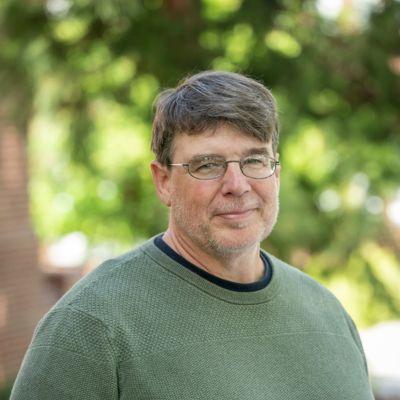
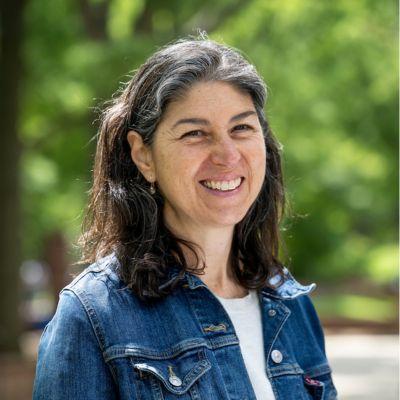
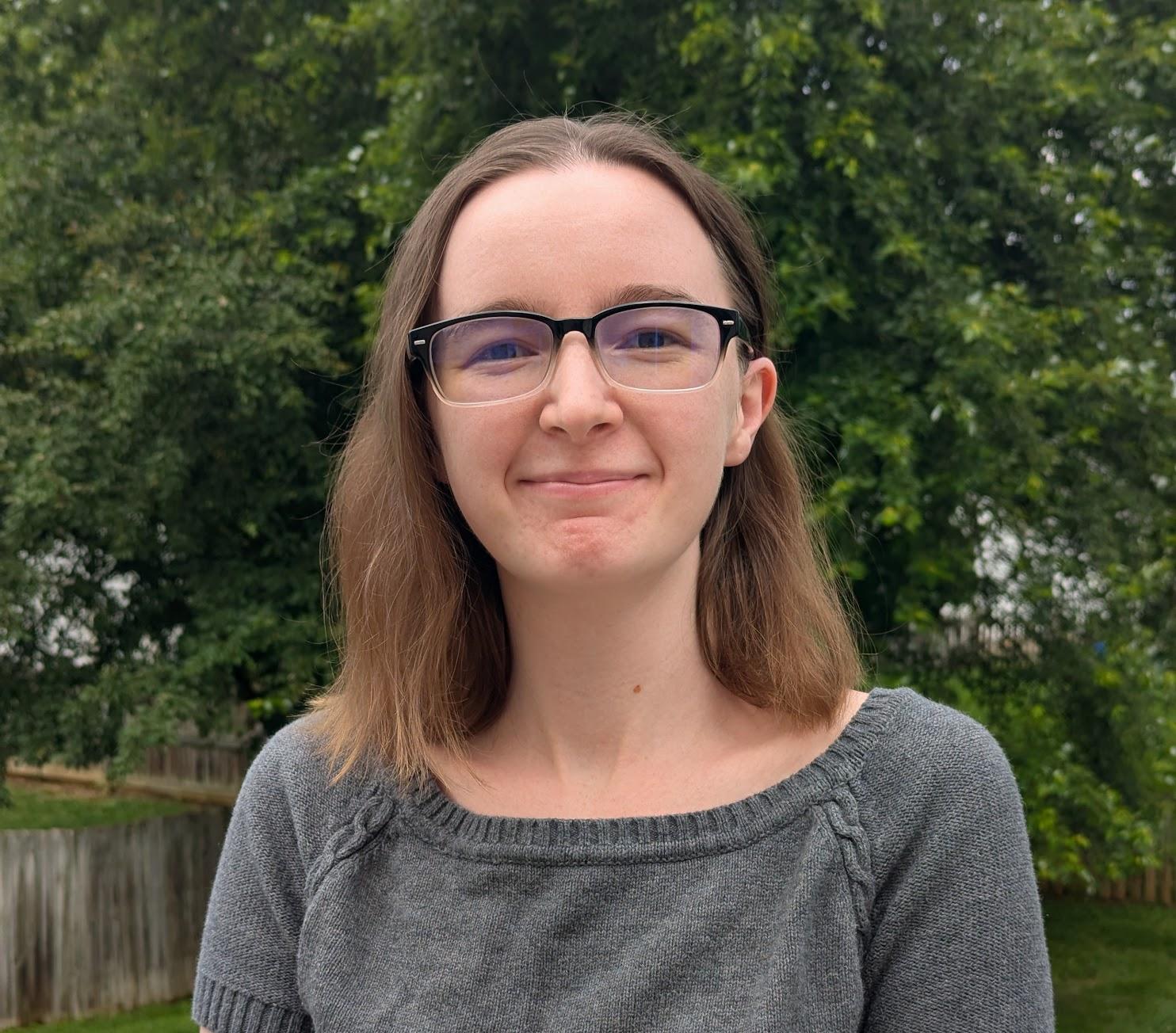
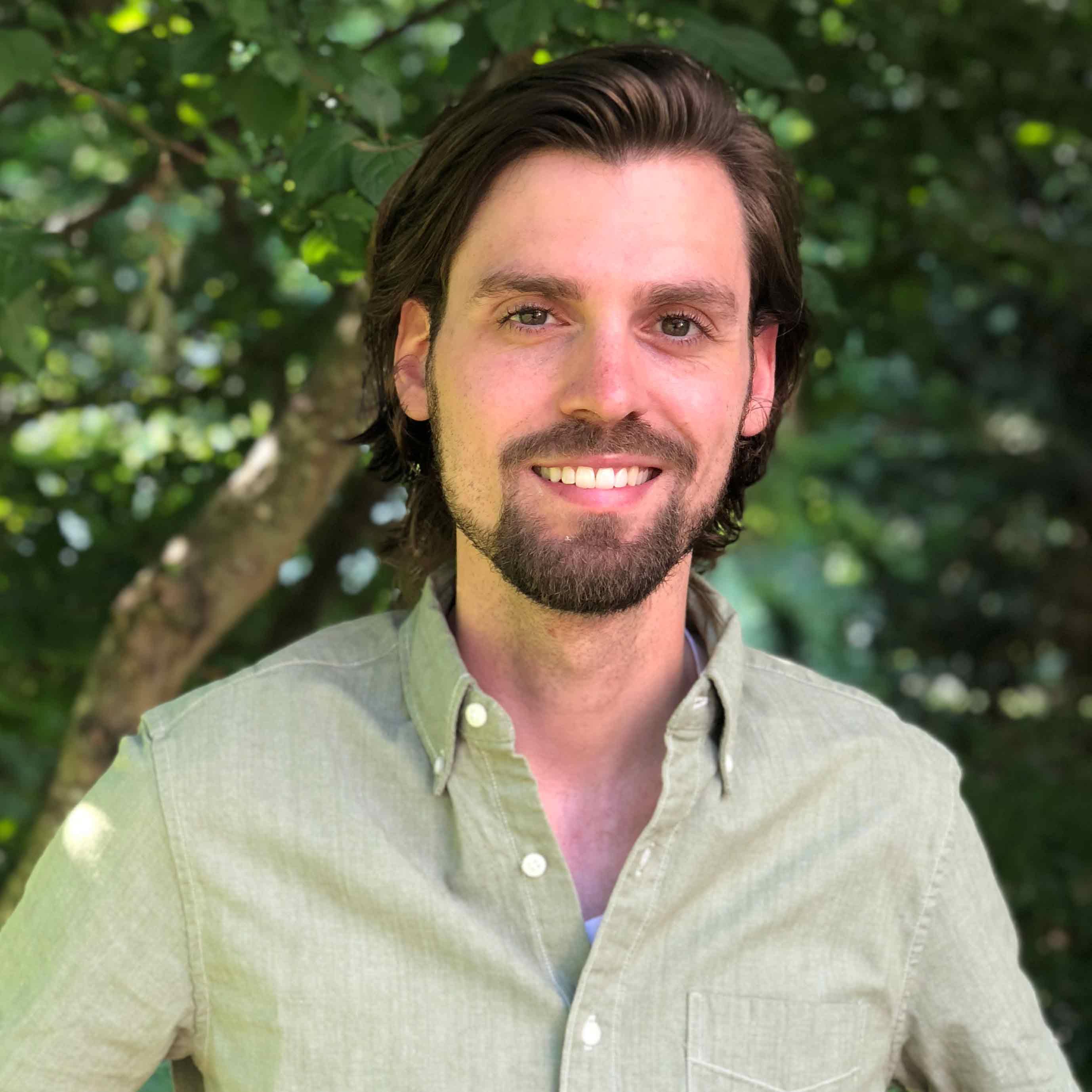
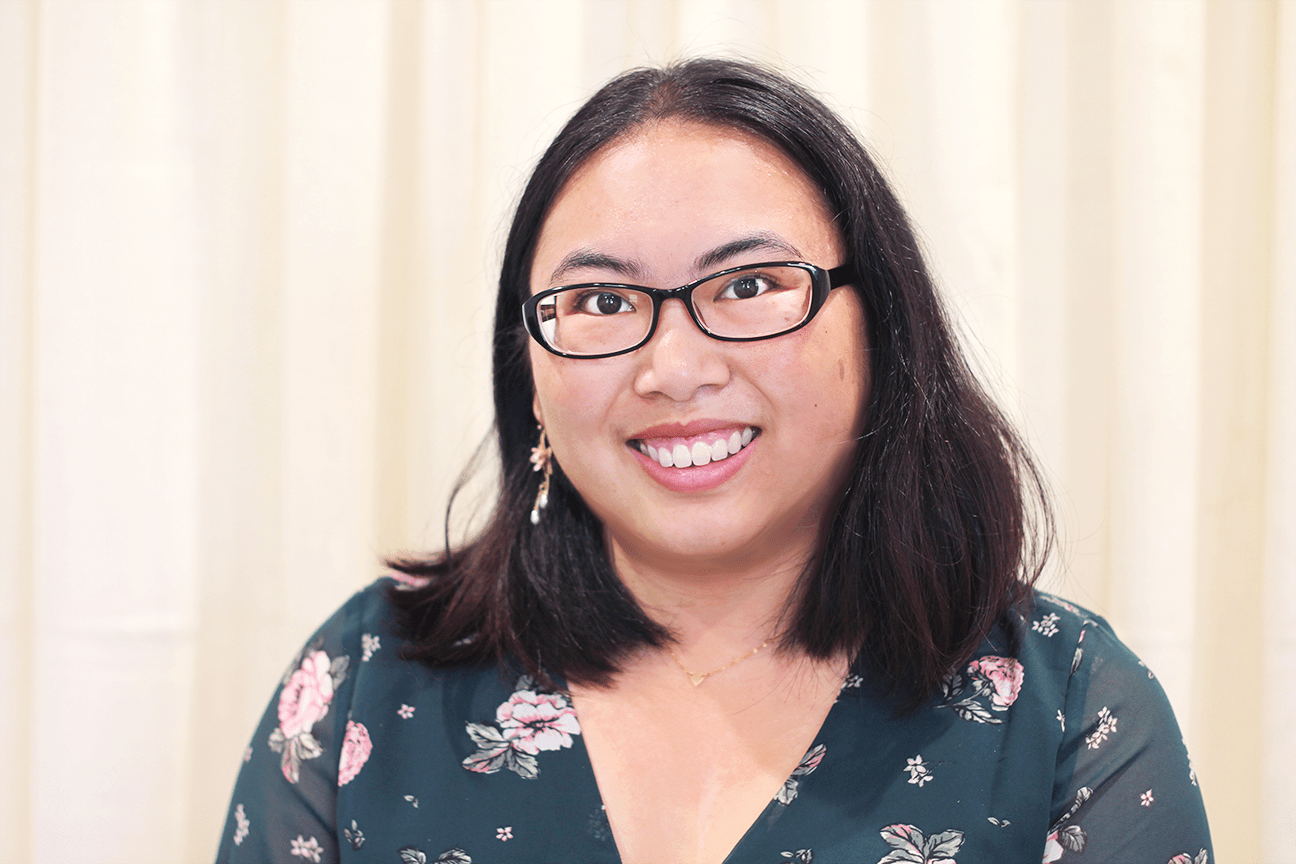
Christina Yang
Social Media Etc.
Stories Beneath the Shell: UMD and College Park Host First Technology Literacy Workshop since 2020, March 2022
Baltimore Sun: Experiential Learning in a Virtual World, February 2021
Science, Technology and Society News
Paper Co-Authored by STS Undergrads Receives Best Paper Recognition at National Conference
During Sona Chudamani’s first year at the University of Maryland, she volunteered to be a subject for a research project. Her reason? “I didn’t have much to do during my freshman year, especially with everything being online,” she says.
Scholars recognizes Citation Class of 2022, Founders Circle Award winners
Students in College Park Scholars’s Citation Class of 2022 began their University of Maryland (UMD) careers in the fall of 2020, under the shadow of the COVID-19 pandemic. They spent their first year almost entirely online: Some Zoomed into their program colloquium from their double-turned-single dorm rooms; others attended virtually from their families’ homes, away from campus.
4 Graduating Scholars Alums Recognized With Prestigious University Awards
Four Scholars alumni are among the handful of graduating seniors recognized this month with some of the University of Maryland’s most prestigious awards. Gabriela Winter, an alum of the Public Leadership Scholars program, received the Wilson H. Elkins Citizenship Awards, presented each year to one of the top students in the graduating class who has displayed outstanding involvement and leadership in campus activities.
3 Scholars Alumni Named Merrill Presidential Scholars
Three College Park Scholars alumni were among the 19 Philip Merrill Presidential Scholars named by the University of Maryland (UMD) this past week: Sam Varga, Science, Discovery and the Universe Scholars Rina Torchinsky, Science, Technology and Society Scholars Selena Cen, Global Public Health Scholars Merrill Scholars, which are selected by the academic college and schools with undergraduate major programs, annually honors the university’s most successful seniors and their designated university faculty and K–12 teachers for their mentorship.

